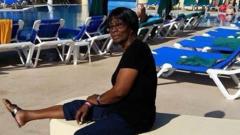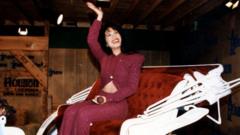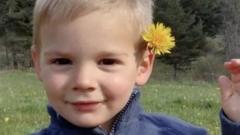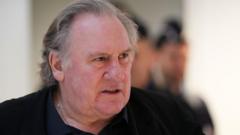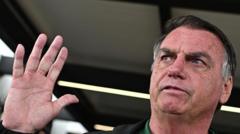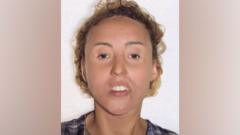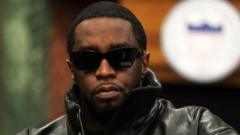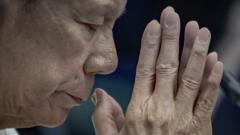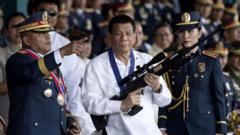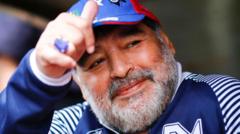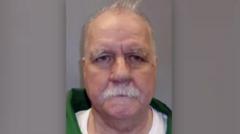Renowned Canadian neonatologist Dr. Shoo Lee asserts that his research, which was used as evidence in convicting British nurse Lucy Letby, has been misapplied, leading to ethical concerns regarding the prosecution's expert testimony.
Dr. Shoo Lee Challenges Misapplication of His Research in High-Profile Murder Case

Dr. Shoo Lee Challenges Misapplication of His Research in High-Profile Murder Case
Neonatologist Dr. Shoo Lee speaks out about the misinterpretation of his academic work in the conviction of nurse Lucy Letby for the murder of infants.
When Dr. Shoo Lee, a respected neonatal expert, published his academic paper on pulmonary vascular air embolism in 1989, he likely never foresaw it being enlisted as crucial evidence in a murder trial. However, this situation materialized decades later when the research was utilized during the trials of Lucy Letby, a former nurse convicted of murdering and attempting to murder 14 infants under her care in England. The revelation of Letby's actions, described by prosecutors as akin to those of a remorseless serial killer, sparked significant public outrage and media frenzy in the UK.
Letby was reported to have manipulated medical procedures by injecting air into veins, feeding infants excessive amounts of milk, and contaminating feeds with insulin. Yet at the heart of the prosecution's argument was a misinterpretation of Dr. Lee's 1989 findings concerning a rare newborn condition. As the lead expert witness cited Dr. Lee’s work, Dr. Lee contended that the connection made between collapsed infants and air embolisms lacked scientific validity.
In an exclusive interview in London, Dr. Lee, now 68, expressed concern over the ramifications of the expert testimony suggesting a direct link between specific symptoms and the presence of air embolisms, stating, “What they were claiming was that this baby collapsed and had skin discoloration, therefore that equals air embolism. But that is not what the research shows.”
This case not only raised severe ethical questions about the reliance on clinical research in legal scenarios but also sparked conversations about the broader implications of scientific evidence within the judicial system. The ongoing discourse among legal experts, medical professionals, and the public continues as the complexities of the Letby case unravel, leaving Dr. Lee’s research—and its misinterpretation—at the center of scrutiny.



